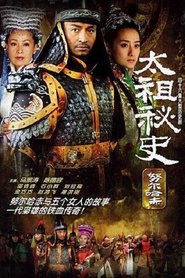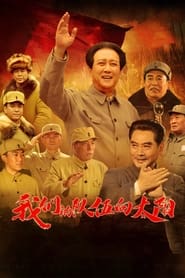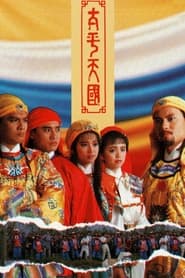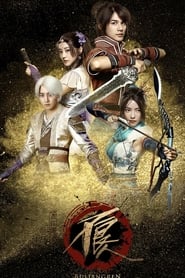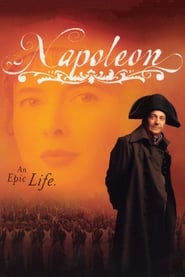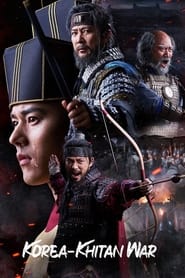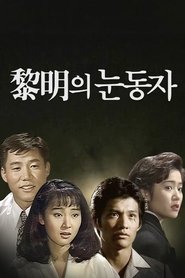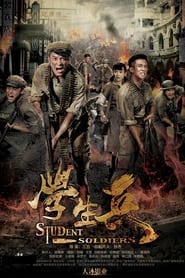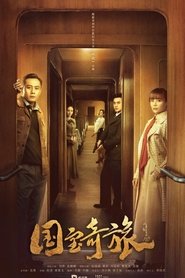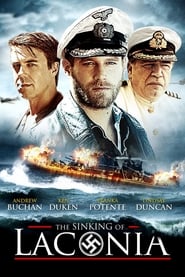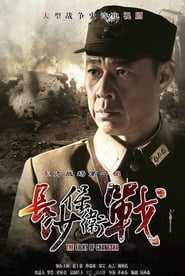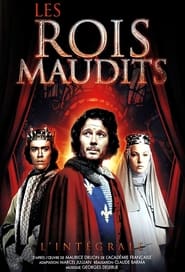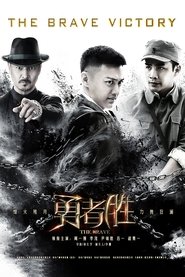Best War Politics TV Series - Page 27
-
The Last Czars
2019
star 7.3When social upheaval sweeps Russia in the early 20th century, Czar Nicholas II resists change, sparking a revolution and ending a dynasty. -
Twilight of a Nation
1988
Twilight of a Nation
1988
Twilight of a Nation is a Hong Kong television series based on the events of the Taiping Rebellion and the rise and fall of the Taiping Heavenly Kingdom during the late Qing Dynasty. The 45 episodes long series was produced by Siu Sang and was first aired on TVB Jade in Hong Kong in November 1988. It was broadcast again on TVB in 1996. The theme songs and insert songs in the series were performed by Roman Tam. -
Bu Liang Ren
2016
star 6In the late Tang Dynasty, the secret of the Dragon Spring Sword and its treasure can only be unlocked by the Li family's bloodline. Li Xingyun, the surviving tenth prince, and his childhood friend Lu Linxuan are thrust into a conflict with rival forces, embarking on a dangerous journey through a turbulent world. -
Backstairs at the White House
1979
star 5.9Behind the scenes at the White House during eight administrations, as told by the people who work there. -
24 JAPAN
2020
star 7.3Japanese adaptation of the American TV Series "24". Genba Shido is the director of Team A in the Counter Terrorist Unit (CTU). He is excellent at his job and a reasonable person, but he often has to make drastic decisions to save lives. -
Dogfights
2006
star 7.8Dogfights is a military aviation themed TV series depicting historical re-enactments of air-to-air combat that took place in World War I, World War II, the Korean War, and the Vietnam War, as well as smaller conflicts such as the Gulf War and the Six-Day War. The program, which airs on the History Channel, consists of former fighter pilots sharing their stories of actual dogfights in which they took part, and uses computer-generated imagery to give the viewer a better perspective of what it is like to partake in aerial combat The series premiered on November 3, 2006. -
Napoleon
2002
star 6.9A masterful soldier, tactician and statesmen, Napoleon Bonaparte's courage and love for his country sees him rise from an unpaid general consumed with ambition to the most powerful man in Europe, then his fall, and exile. -
Korea-Khitan War
2023
star 8.4King Hyeonjong and Kang Kam-chan led the 8-year-long 2nd and 3rd Goryeo-Khitan Wars to victory and began an era of peace in East Asia and prosperity in Goryeo. -
Eyes of Dawn
1991
star 8.7During the Japanese control of Korea during WWII and before, they used Korea women as prostitutes for their Military Officers and Korean men as grunt soldiers to fight in the trenches during the war with the USA. -
Strategist KANBE
2014
star 9.5July 1590, Odawara. Toyotomi Hideyoshi's army had surrounded the Odawara Castle for over 3 months, hoping to conquer this last obstacle to his dream of the country's unification. Standing at the gate of the castle, a lone man facing the menacing guards shouted out: "Do not throw your lives away. Treasure living!". Not long after, the castle gates opened and the reigning lord surrendered. The name of that man is Kuroda Kanbee. An excellent military strategist, he worked hand-in-hand with Hideyoshi to unify the country. -
Student Soldiers
2017
Student Soldiers
2017
In 1944 when Japan attacked Guangxi for the second time. It tells the story of passionate patriotic students Mo Jiajun and Du Shaowei who secretly went to the front to help in the war and began to change their fate and consciousness. -
National Treasure’s Extraordinary Journey
2019
star 7Ren Hongyi, a Kuomintang officer, and Zhou Ruosi, a cultural expert from the Forbidden City. Entrusted with safeguarding China's priceless treasures, they embark on a dangerous journey to move them south, believing that as long as the nation’s cultural heritage is preserved, China will endure. -
The Sinking of the Laconia
2011
star 6.3The true story of the Allied ship Laconia, sunk in WWII by a German U-Boat, which then surfaced against orders to rescue the civilian crew -
The Accursed Kings
1972
star 8It is the start of the 14th century and Philip IV the Fair reigns supreme over France. His three sons would rule after him. Isabelle, his only daughter, is married to King Edward II of England. Under Philip's reign, France is great but its people are unhappy. Only one power dares to stand up to him: the order of the Knights Templar. When the last Grand Master of the Temple, Jacques de Molay, is burned at the stake, he curses Philip and so begins a dark period, full of blood and violence, death and tears ... -
Das Boot
1985
star 8.6Based on an autobiographical novel by German World War II photographer Lothar-Guenther Buchheim, Das Boot follows the lives of a fearless U-Boat captain (Jurgen Prochnow) and his inexperienced crew as they patrol the Atlantic and Mediterranean in search of Allied vessels, taking turns as hunter and prey. -
History Uncovered
2019
star 6.8Myths die hard, and the history of the 20th century is no exception to this rule. Even today, we hold popular beliefs that we take for Evangelical truths. Thus, we believe that Hiroshima caused Japan to surrender, that the Marshall Plan saved Europe, that Adolf Hitler was a military genius, or that Mao Zedong was a necessary evil for China’s modernization. Of course, these judgements contain some truth; but, too broad-stroked to be accurate, they contradict the historical reality by denying its complexity. What if the truth was slightly different? Through an exploration of great national or international myths, this full archive documentary collection revisits the key moments of the 20th century with a new perspective in order to provide a new, smarter and more subtle interpretation, bringing elements to light that have been forgotten or sometimes overshadowed. -
勇者胜
2018
勇者胜
2018

